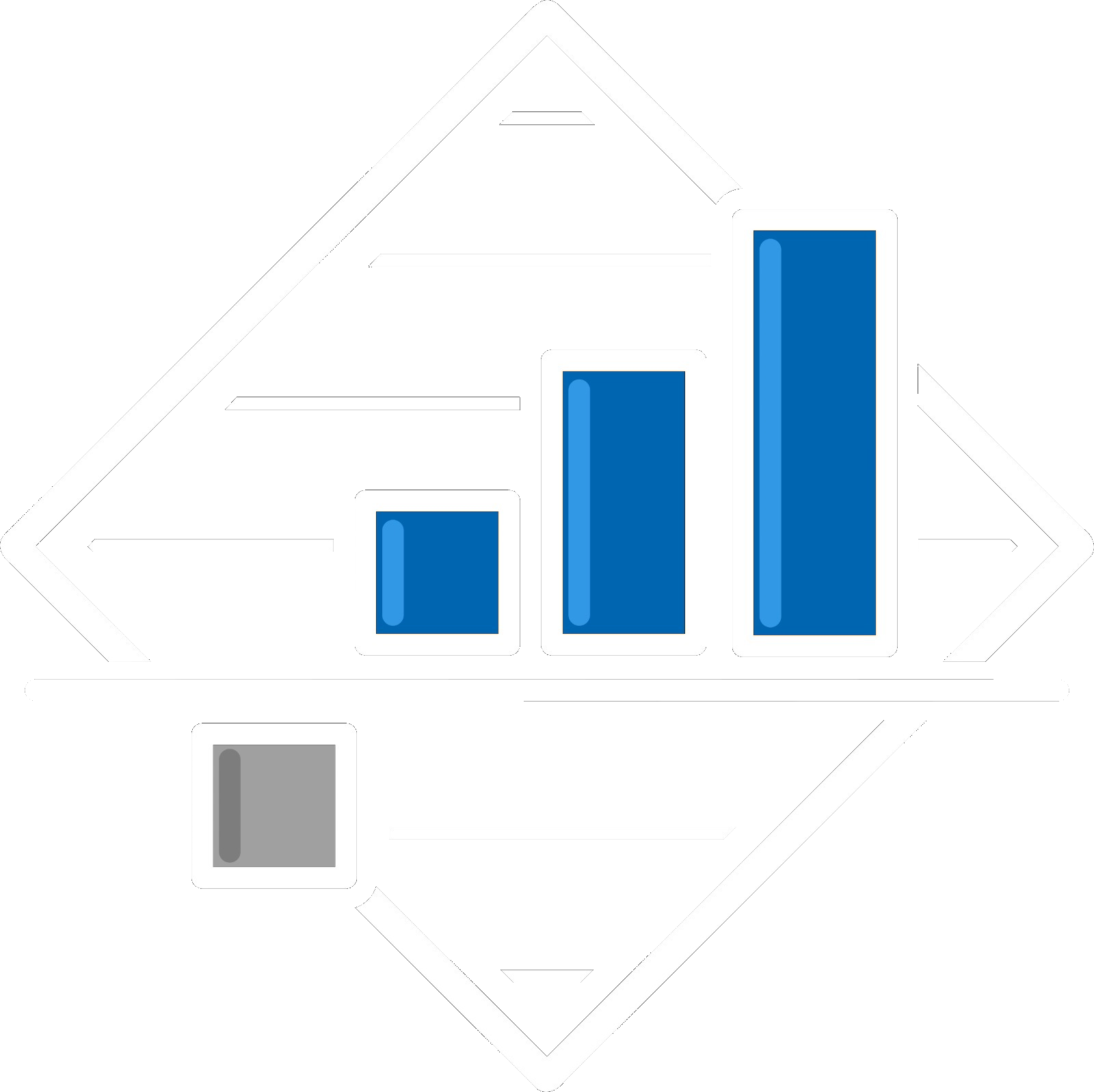When it comes to kitting out your business with the latest and greatest equipment, you're faced with a fork in the road: should you splash out and buy, or is it more savvy to lease?
It's a question that stumps many an Aussie business owner, from the bustling cafes of Melbourne to the tech startups in Sydney. But let's zero in on our own backyard here in Hobart. At Hills Accountants in Hobart, we are here to help walk you through this maze. So, grab a cuppa, and, in general terms, let's unpack the pros and cons of each option.
Buying Equipment - The Pros
Ownership and Equity: When you buy equipment outright, it's yours. Full stop. This means you can use it, abuse it, or choose it as a backdrop for your next business milestone photo, without worrying about lease terms or additional payments. Over time, owning equipment can be more cost-effective, especially if the gear has a long and useful life.
Tax Incentives: The Australian Tax Office (ATO) offers incentives for businesses to buy equipment. The instant asset write-off scheme allows businesses to claim immediate deductions for new or second-hand plant and equipment purchases in the year they are bought and used (or installed ready for use). This can significantly reduce your taxable income.
No Restrictions on Use: Own it? Then you're the boss of it. Use it as much or as little as you need, without fretting over lease terms that often come with usage restrictions.
Buying Equipment - The Cons
Upfront Costs: The biggest hurdle. Buying equipment requires a hefty initial outlay of cash, which can be a strain on your business's cash flow, especially for startups or small businesses operating on a tight budget.
Depreciation and Obsolescence: Tech moves fast. What's cutting-edge today could be obsolete tomorrow. When you own equipment, you're stuck with it unless you can sell it, which may not be easy if it's outdated.
Maintenance and Repairs: The buck stops with you. All the upkeep, repairs, and maintenance are your responsibility, which can add up in terms of both costs and time.
